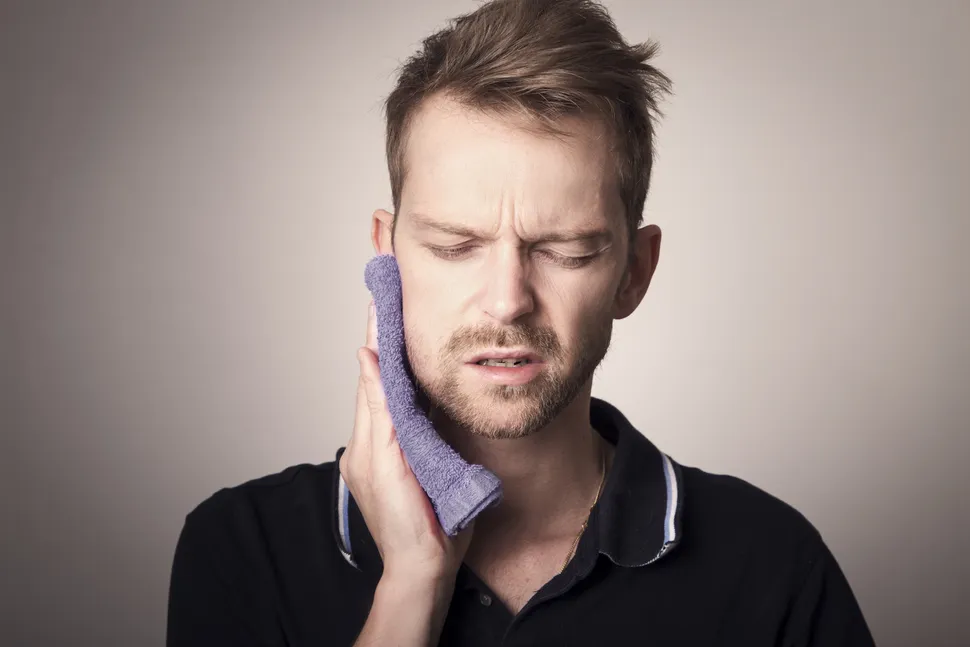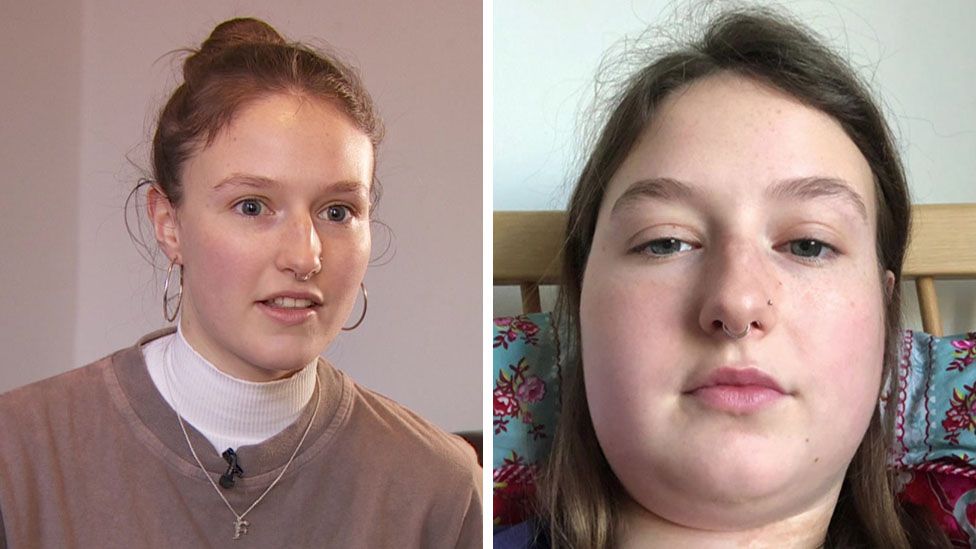MUMPS : SYMPTOMS , CAUSES , TREATMENTS , PREVENTIONS
MUMPS
Mumps is an extremely contagious viral infection of the salivary glands that most commonly affects children . the most obvious symptoms is swelling of the salivary glands , giving the patients a " hamster - like " face .
The affected salivary glands are called the parotid glands , sometimes the mumps virus can also inflammation of testis , ovary , pancreas , or meninges.
To reduce the spread of mumps , the MMR vaccine is often given at an early age to build immunity to the virus . since the MMR vaccinations was brought in, there has been a 99 percent decrease in mumps cases in the United States .
SYMPTOMS OF MUMPS
The symptoms of mumps normally appear 2-3 weeks after the patient has been infection . however, almost 20 percent of people with the virus do not suffer any symptoms at all .
Initially , flu - like symptoms will appear , such as :
body aches
headache
loss of appetite and / or nausea
general fatigue
fever [ low - grade ]
over the next few days , the classic symptoms is painful and swollen parotid glands , one of three sets of salivary glands , this causes the persons cheeks to puff out . the swelling normally does not occur in one go - it happen in waves .
other associated symptoms can include :
pain in the sides of the face where it is swollen .
pain experienced when swallowing .
trouble swallowing
fever
a dry mouth
pain in joints
Rarely , adults can contract mumps . In these cases , the symptoms are generally the same , but sometimes slightly worse and complications are slightly more likely .
TREATMENTS OF MUMPS
Mumps is viral antibiotics cannot be used to treat it, and at present, there are no anti - viral medications that can treat mumps . current treatment can only help relieve the symptoms until the infection has run its course and the body has build up an immunity , much like a cold .in most cases, people recover from mumps within 2 weeks .
Here some steps can be taken to help relieve the symptoms of mumps :
consume plenty of fluids, ideally water - avoid fruits juices as they stimulates the productions of saliva , which can be painful .
place something cold on the swollen area to alleviate the pain .
eat mushy or liquid food as chewing might be painful
get sufficient rest and sleep
gargle warm salt water
take painkillers medicine
CAUSES OF MUMPS
Mumps is due to an infection by the mumps virus . it can be transmitted by respiratory secretions from a person already affected with the condition . when contracting mumps , the virus travels from the respiratory tract to the salivary glands and reproduces , causing the glands to swell.
Examples of how mumps can be spread include :
sneezing or coughing
using the same cutlery and plates as an infected person .
sharing food and drink with someone who is infected
kissing
an infected person touching their nose or mouth and then passing it onto a surface that someone else may touch .
individuals infected with the mumps virus are contagious for approximately 15 days . the mumps virus is part of the paramyxovirus family , a common cause of infection , especially in children .
PREVENTION OF MUMPS
The mumps vaccine is the best method for preventing mumps , it can come on its own or as part of the MMR vaccine . the MMR vaccine also defends the body against rubella and measles .
The MMR vaccine is given to an infant when they are just over 1 year old and again , as a booster , just before they start school .
The mumps vaccine is routinely given to children in 82 countries . In many of these countries , encephalitis and deafness related to mumps have nearly disappeared .
An adult can be given the MMR at any age , a doctor may advice someone to take the vaccine before traveling abroad to certain regions , including :
India
Some parts of Africa
Southeast Asia
Japan
Pakistan



Comments
Post a Comment